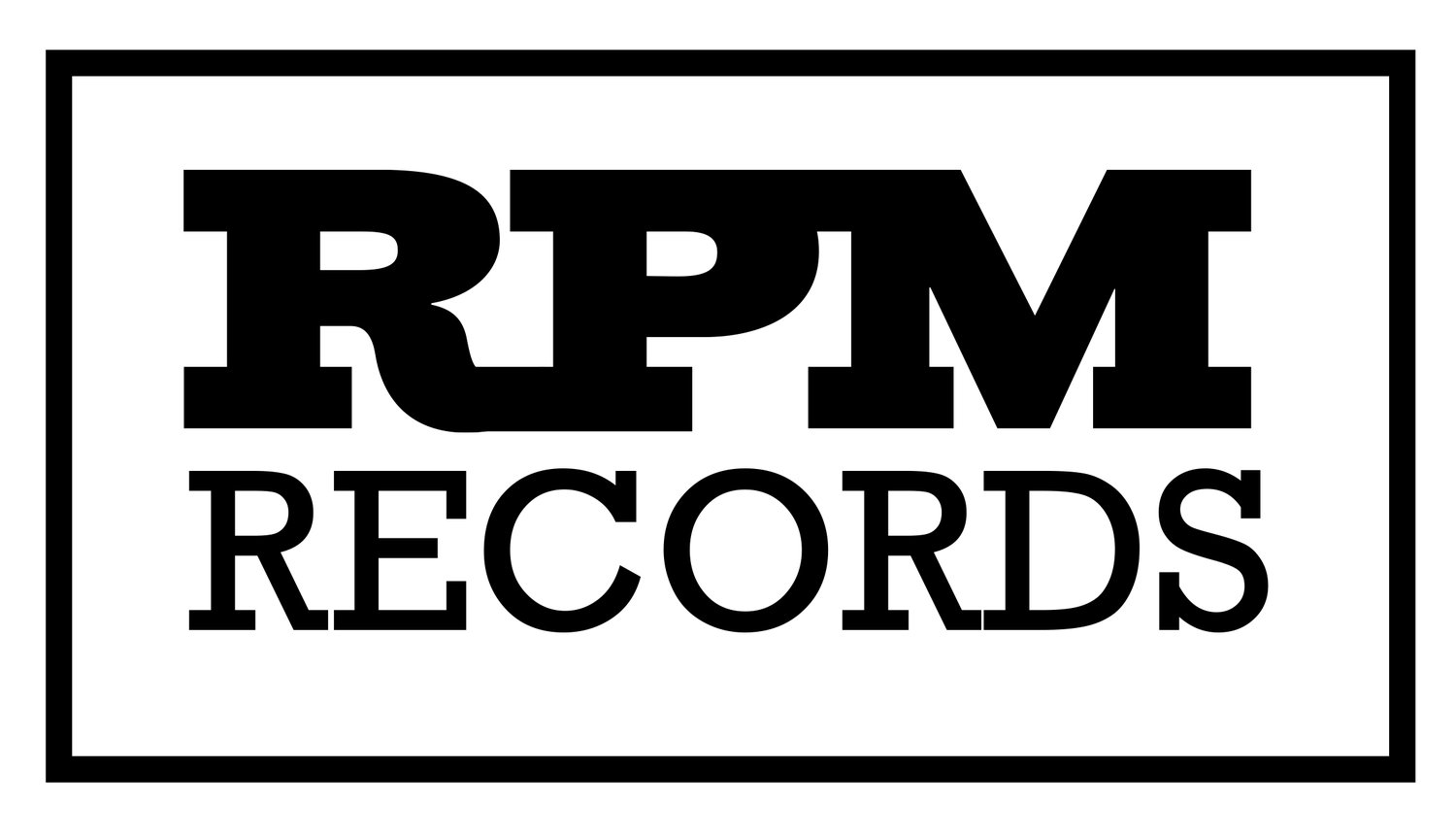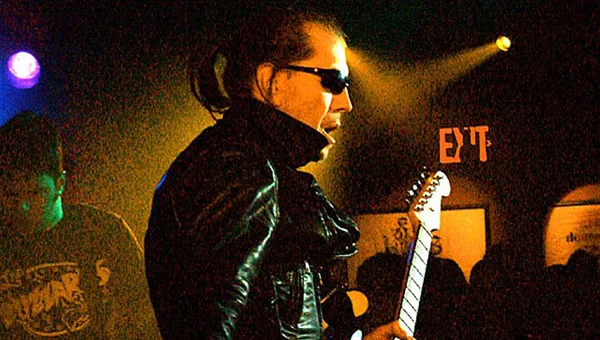SPOTLIGHT: Link Wray - "The Rumble Man"
/Link Wray, a half Shawnee guitarist out of North Carolina, pioneered the influential, distorted electric guitar "power chord".
Rock music has been around for more than five decades and many artists can boast being from Indigenous backgrounds from Chuck Berry to Elvis Presley all the way to Stevie Salas and Derek Miller. Through all of these incredible musicians the sound of rock music has been infiltrated by the Indigenous experience. One of the most influential icons in rock music was a man named Link Wray, who, with his song Rumble, pioneered the sound of the distorted power chord on the electric guitar, changing the sound of rock music forever.
Fred Lincoln Wray Jr. was born in Dunn, North Carolina, in 1929 to Fred Lincoln Wray and Lillian M. Coats. He first learned the slide guitar from a traveling Barnum & Bailey circus worker named "Hambone" at the age of 8 years old. Later in life he contracted tuberculosis while serving time in the U.S. Army during the Korean War, and eventually lost one of his lungs. His doctor informed him he would never be able to sing again, so he focused in on strengthening his guitar playing instead.
After being discharged from military service, Link and his brothers Douglas and Vernon formed a band - Lucky Wray and the Lazy Pine Wranglers, which later on became Lucky Wray and the Palomino Ranch Hands - and traveled the country circuit playing shows. They became the house band for Milt Grant's House Party, a live music television show based in Washington D.C. and Lucky Wray and the Palomino Ranch Hands recorded their first music with Starday Records in 1956.
While on the TV show, Lucky Wray and the Palomino Ranch Hands were urged by the crowds to come up with a song that sounded like The Stroll by The Diamonds and they responded with a tune they first called Oddball. It was an instant hit with the audience who immediately demanded to hear it repeated several times that night.
Word of this music craze caught the ear of Cadence Record's Archie Bleyer, who had detested the song - especially how Link Wray had pierced holes in the speakers of his amplifier to achieve that gritty, live sound that the audience loved. Because of its menacing sound, Oddball was later renamed Rumble, and despite being an instrumental track - no lyrics to potentially offend - the song was banned from several radio stations. That year Rumble would sell 4 million copies, still a huge feat by today's standards.
Rumble became a hit not only in North America, but also in Great Britain where it would inspire artists like The Kinks, The Who, Jimmy Page, and the legendary rock band Led Zeppelin. Other artists who would cite Link Wray as an influence to their artistry would include Jeff Beck, Jimi Hendrix, Eric Clapton, Neil Young and Bob Dylan - to name just a few. You can recognize Rumble's sound in the movies such as Pulp Fiction, Independence Day and Desperado.
The distorted sounds that Link Wray introduced to 1950s rock music scene blazed a trail for other genres like punk, hard rock and heavy metal. As Link Wray is being rediscovered by a new generation of rock fans, his legacy lives on as the creator of the distorted power chord and he retains his well deserved title as "The Rumble Man".
Watch Link Wray perform Rumble in 1978:
Also watch Link Wray - The Rumble Man - a documentary about Link Wray which includes footage and interviews with Link Wray.


